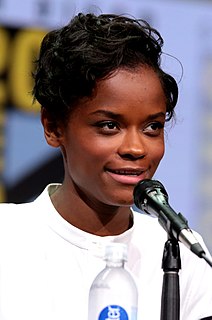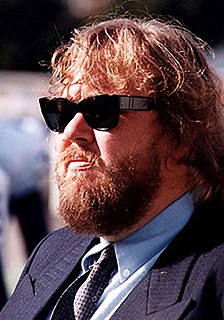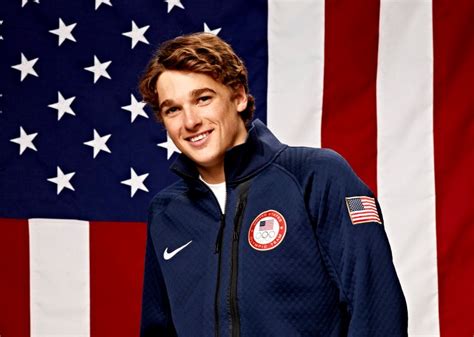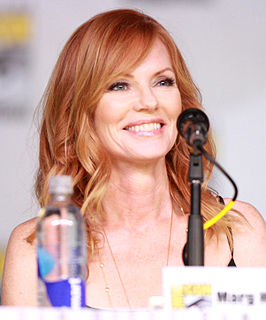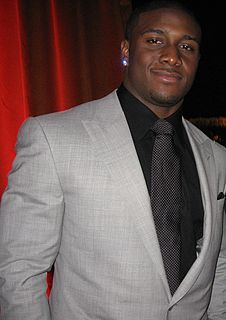A Quote by Letitia Wright
As soon as I was obedient to just taking a chance on God, all of these things that you're seeing - 'Black Panther' or 'Humans' or 'The Commuter' or Steven Spielberg - it came right after I took that break.
Related Quotes
God helps me for sure every day and at every contest. I broke my hand and had to get surgery on it. The recovery was really frustrating because I had to skip three weeks at the beginning of the season. But I flipped it around and took it as a blessing. I said a lot of prayers and just asked God to do His thing. I did other things to compliment the recovery like getting the right sleep and taking care of my body. But I went back to the doctor after four weeks and he was ecstatic about the recovery of my hand. I take that as a tribute to my faith and my belief in doing the right things.
Latter-day Saints are not obedient because they are compelled to be obedient. They are obedient because they know certain spiritual truths and have decided, as an expression of their own individual agency, to obey the commandments of God. . . . We are not obedient because we are blind, we are obedient because we can see
